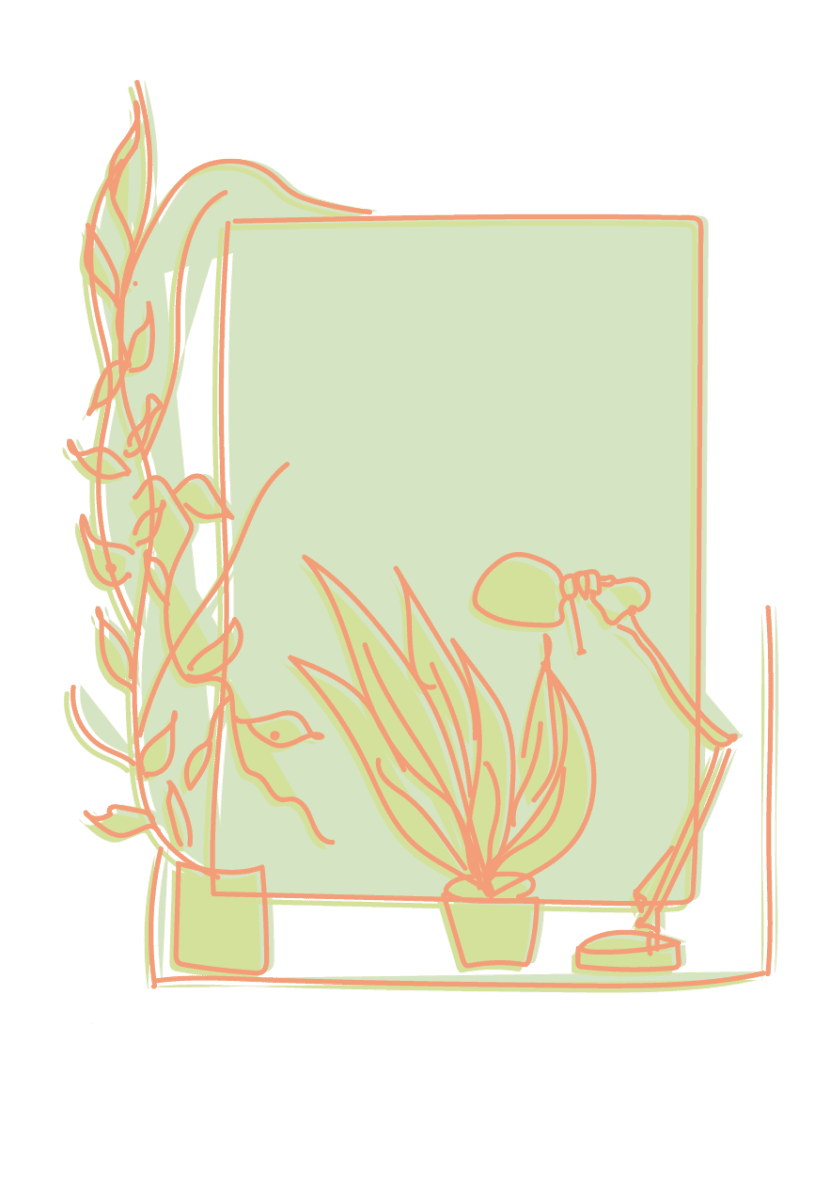When someone asks, “who are you?”, do we ever really have an answer? Whenever someone asks us this seemingly simple question, or any version of it, we cling to what we know.
“Tell us about yourself” is a question that often prompts us to think about who we are. We respond with, “I am a student at xx” or “I am an Officer at yy.” We define who we are with the weight of an institution and we allow that to speak for us. By adding that label, we have added something to our introduction that takes away the need to define who we are. Over time, we prepare a rehearsed definition of who we are – with labels and qualifications that speak for us. So that when we are prompted, we have an answer.
Because as for who we really are, do we ever really know the answer to that question?
I would argue both yes and no – because we can never really have one stable answer. Who you are is constantly changing, as both you and your environment evolve. Questions that may seem quite fundamental, such as “are you a good human being?” may be yes at one given point in time, and no at another.
Sometimes we may not know who we are, or who our real selves are, and sometimes we do. We might feel more comfortable accepting who we think is the real us in some circumstance or in front of a certain person, but not in another setting. Because being around different people also brings out different versions of us.
Occasionally we realise there are a few versions of us, and that further confounds our ability to be sure of who we are. But that’s normal, isn’t it? To change, to adapt to our surroundings like a chameleon. To be the version of ourselves that makes the most sense in context. That is how we grow, evolve and develop ourselves.
The words we also use when describing ourselves are powerful. They bring with them certain preconceived notions. If I say I am a dancer, someone might assume that I’m flexible, or disciplined or obnoxious, depending on their experiences with, and the wider public perception of, the word ‘dancer’. This is scary, because nobody wants to be associated with negative qualities that they may or may not possess – even if they are solely based on the biases of others. After all, when we introduce ourselves with a few words, those words are what people often remember.
“Oh hey, you’re the Frank Ocean enthusiast from ANU right?”
Labels are scary. A label like ANU, which can be used for thousands of students, might not identify and categorise as specifically as our taste in music. So, we avoid such specifics when introducing ourselves, and stick to the less memorable labels. Anything that can be generic and won’t make us stick out like a sore thumb is preferable.
But what we don’t realise is just how institutions give our identity meaning. We wield the same power over words. I may call myself a dancer, but maybe a professional dancer may not consider me one. Even I am apprehensive of calling myself one, because while it is something I enjoy, it is not something I pursue professionally. We as humans have a lot of power in defining what words mean. Language, labels and words all naturally evolve to adopt different meanings. So, we shouldn’t be as afraid of embracing that power.
Maybe we do know who we are, and deep down it is who we think we are that guides what we do. But we’re afraid to accept it. Accepting who we are at one point, also means accepting that we’ve changed at another. Hence, we cling to the familiar, because who we really are, is to be confirmed.
Originally published in Woroni Vol. 72 Issue 3 ‘Consumed’
Think your name would look good in print? Woroni is always open for submissions. Email write@woroni.com.au with a pitch or draft. You can find more info on submitting here.
We acknowledge the Ngunnawal and Ngambri people, who are the Traditional Custodians of the land on which Woroni, Woroni Radio and Woroni TV are created, edited, published, printed and distributed. We pay our respects to Elders past and present. We acknowledge that the name Woroni was taken from the Wadi Wadi Nation without permission, and we are striving to do better for future reconciliation.
